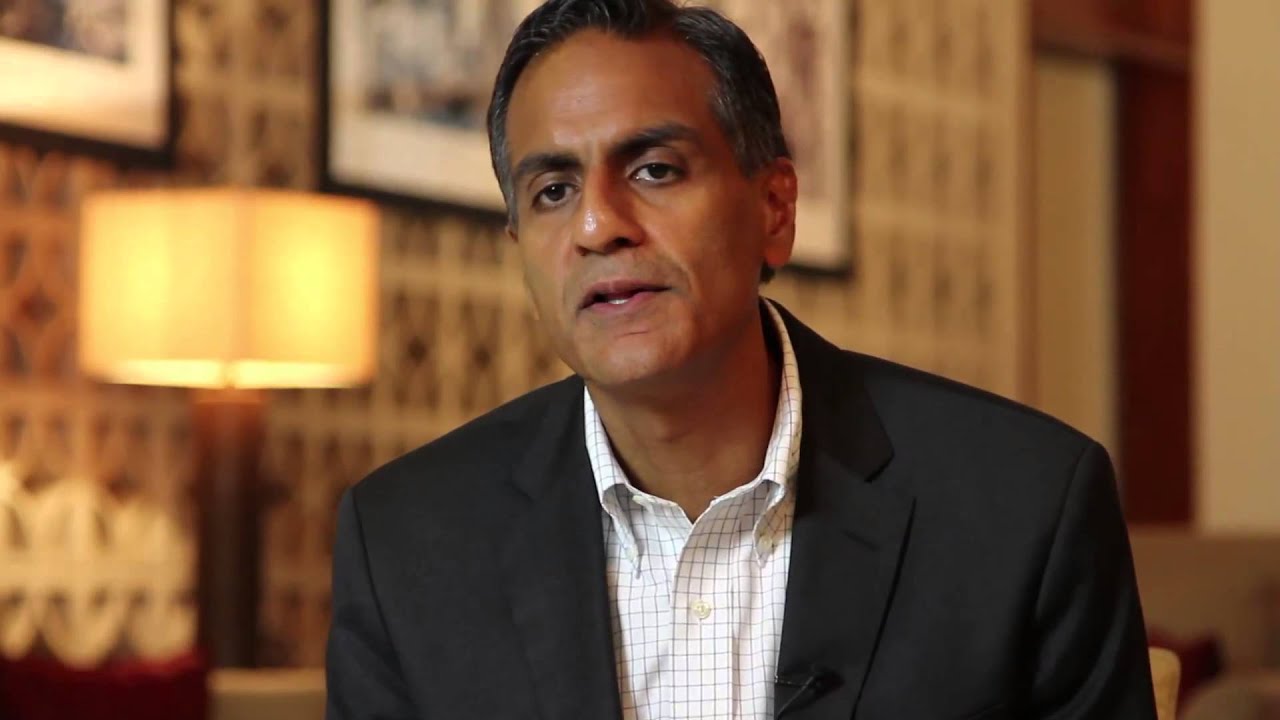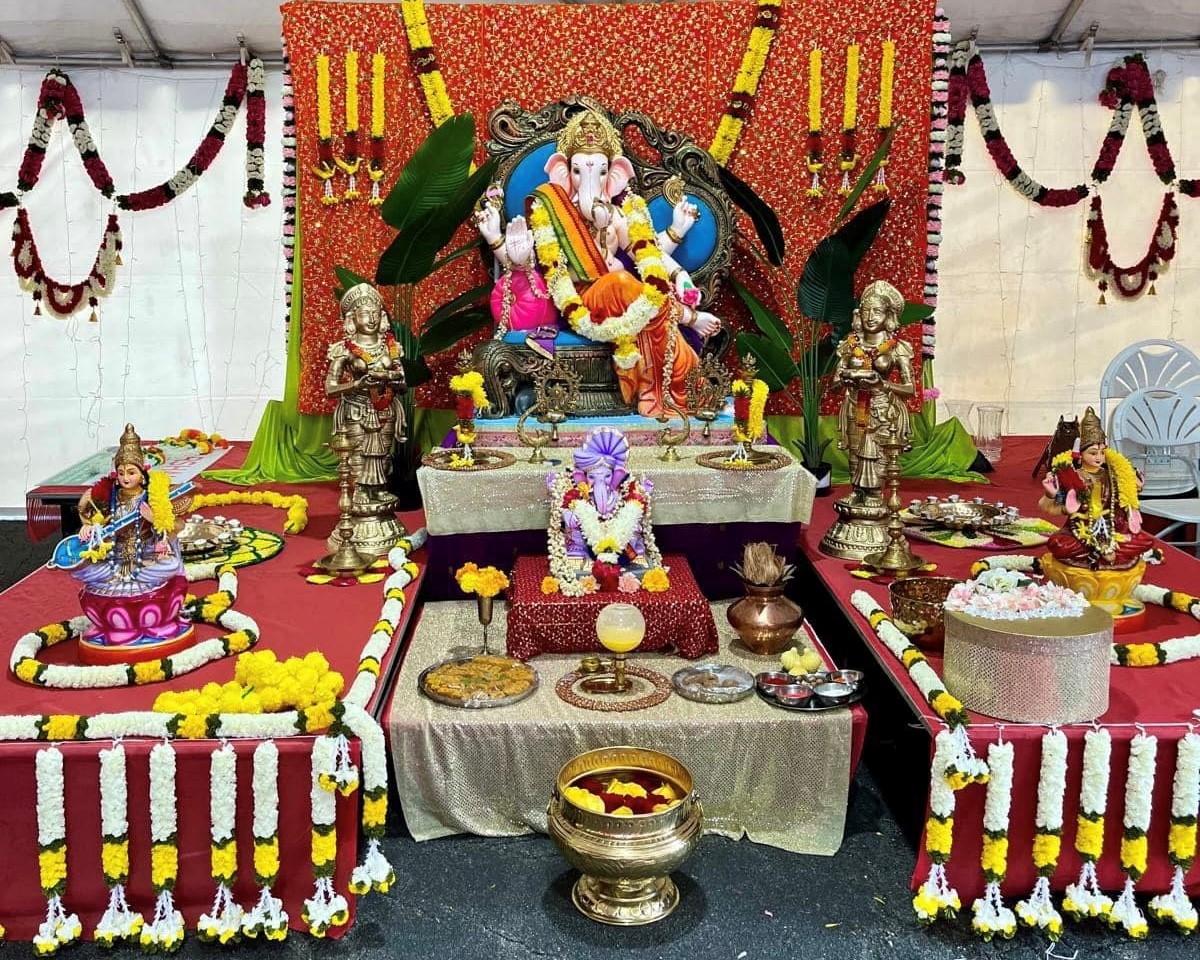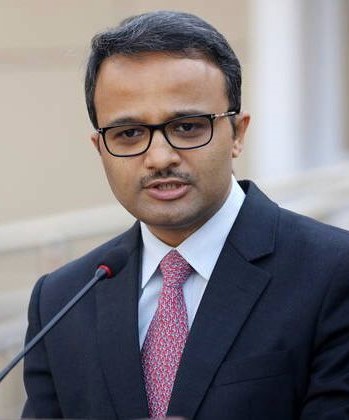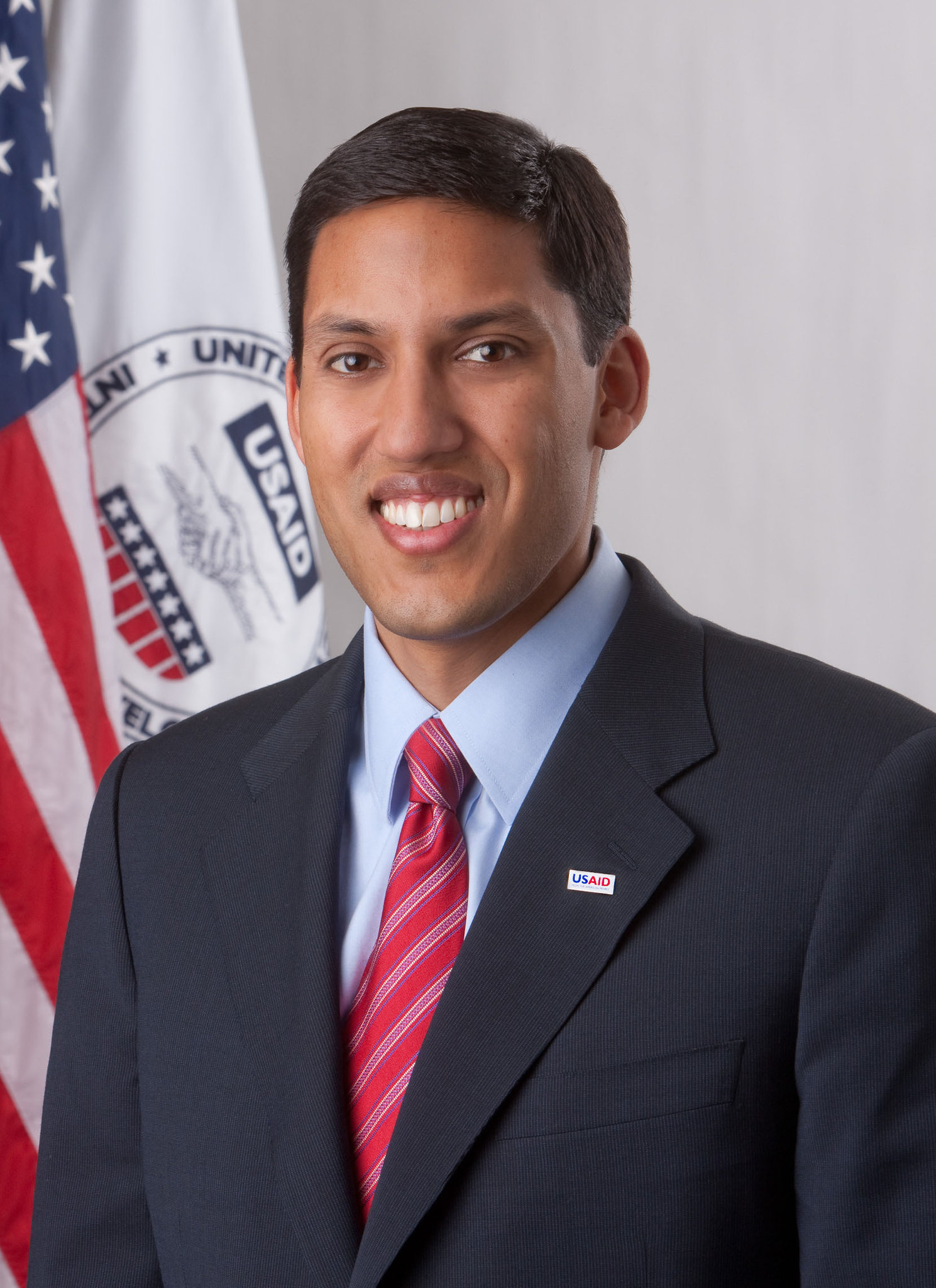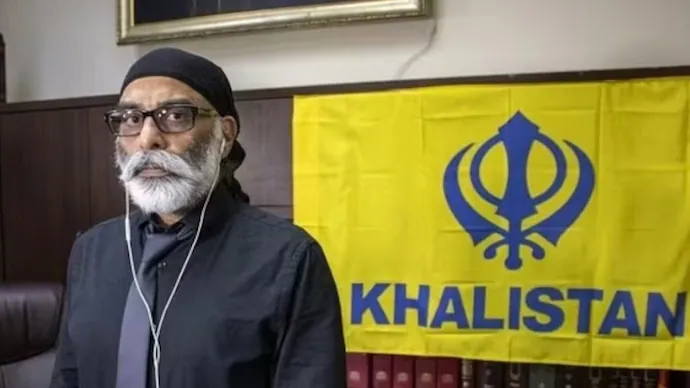Renu Mehta
Niagara On the Lake
The journey for the epic Mahabharata has not been easy. After a long and arduous eight-year trek, the performances for this grand narrative at the Shaw theatre at the scenic Niagara on the Lake are being showcased. And what a spectacular show it is! The 5-hour show split into two parts, has an international cast with 14 actors created from what is known as the longest piece of poetry in Sanskrit. The first performance is based on Karma (The Life we Inherit) and the second Show on Dharma (The Life we Choose) that includes the Bhagavad Gita Opera.
Mahabharata is the story of the war between dharma and adharma between two warring families when the Kauravas and the Pandavas battle on the grounds of Kurukshetra. The narrative of the Bhagwad Geeta discusses philosophical discourses on dharma, responsibility, duty and righteousness. The story itself is 4000 years old and is the longest poem ever written with 200,000 individual verse lines. It is estimated that one million people died at the end of the war.

The storytelling is remarkably narrated by Miriam Fernandes who has written and adapted the show along with Ravi Jain, founding Artistic Director of Why not theatre. Full of energy and expression, the stories and characters who make up the Mahabharata come alive from Fernandes eloquent and vivid narration.
“It’s rare to experience Mahabharata from beginning to end in one day. It needs time. It requires perspective. Its stories stay with you – their contradictions become the subject of conversation and debates and as we age those meanings change,” says Jain in his Director’s notes.

Most of us from India have grown up listening to stories from the Mahabharata from childhood. Stories told to us by our mothers, aunts and grandmothers. Countless tales from this epic with a diverse range of characters all intertwined with a range of intrigue, revenge, hatred, love and duty are all there in the presentation. Be it the story of Amba, Ambika and Ambalika, the tale of Bhishma, the story of Karna, the eldest son of the Sun God and Princess Kunti, are all skillfully woven in the Show. It is indeed a rare treat to see the vivid scriptwriting detail interspersed with classical Indian dances and music,
“Mahabharata was a story that played in the background of my childhood. I caught glimpses of it through a popular television series, a set of comic books and in the paintings and sculptures of ancient temples I’d visited in India. The characters infiltrated my imagination, but I never really knew the story – only pieces, episodes, the television theme song,” says Jain in the Director’s Notes.
Between performances on the two-show days, the Khana Community Meal is served at the Jackie Maxwell Studio Theatre. Midway through the meal, a table set for two on a round stage suddenly seats Fernandes and Sharada K. Eswar, who is incharge for the text adaptation, who discuss more stories from the Mahabharata, and regale the audience with their interpretations, telling their stories learnt during childhood.

















